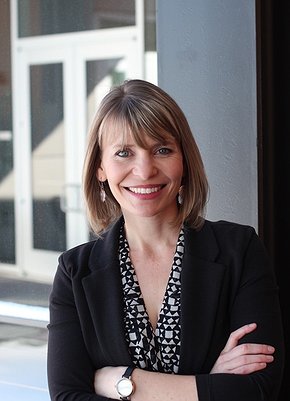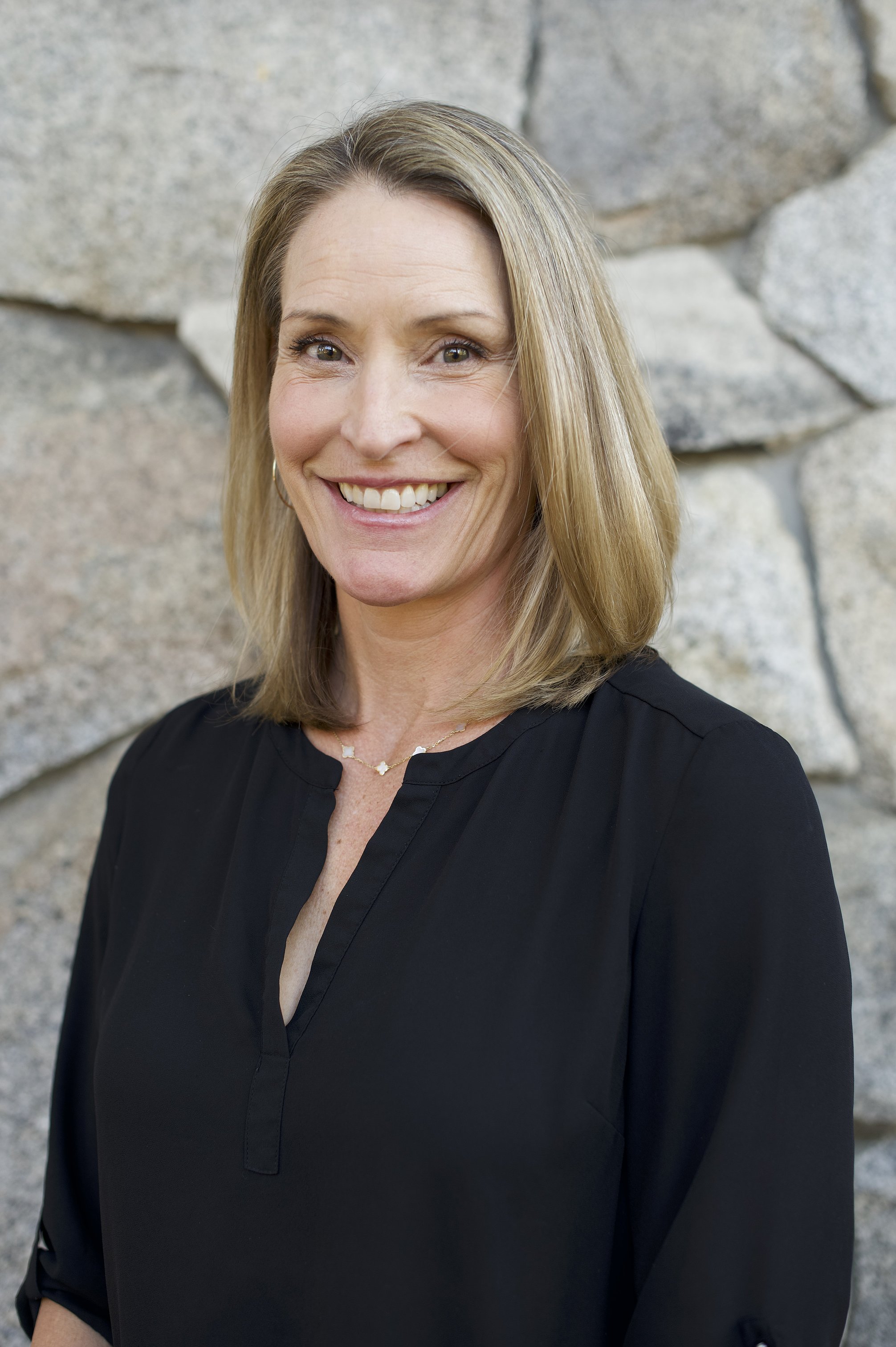Gonzaga partners with Ziplines Education to advance E. WA workforce
SPOKANE — Gonzaga University announced a partnership with Ziplines Education in late March designed to help Zags and other Eastern Washington students fortify their skills in the workforce through certification programs.
“Our goal has been to expand our professional offerings in the community so that people have more ways to learn through Gonzaga,” said Rachelle Strawther, director of Gonzaga’s Center for Lifelong Learning. “Gonzaga has been very well known for undergrad and graduate education, and, of course, basketball. But, noncredit learning is somewhat new to Gonzaga’s overall portfolio.”
The university is looking to add more opportunities for education outside of a degree plan, Strawther said. That includes micro-credentials such as certifications and technical skills training. Companies in the Pacific Northwest, including Eastern Washington and the Idaho Panhandle, are interested in programs that allow them to help develop their workforce to meet their needs. They’re backing that need up with dollars, she said, with data from the Bureau of Labor Statistics indicating people with certifications and industry credentials earn about 27% more than those without those credentials. Those non-degree education programs are also helping to fill skills gaps in the workforce, she said.
According to the Population Reference Bureau, a global agency that monitors the global workforce population, including that in the U.S., the American workforce is shrinking as older generations age out. As of January of last year, the workforce in the nation had dropped from about 67.3% of the total population to 64.9% between 2007 and 2021, with that reduction increasing over time due to factors such as the pandemic, a larger group retiring than entering the workforce and changes to immigration policies reducing how many people are available to work nationwide.
Sara Leoni, CEO and founder of Ziplines Education, said many of the clients her company works with are seeing trends similar to Gonzaga, with companies telling educational institutions such as Louisiana State University, the University of Oregon and the University of Nevada-Las Vegas of the need for alternative education options they can depend on.
There are multiple ways Ziplines works to ensure their programs are credible and sought out by employers, Leoni said.
The first is an internal piece wherein she and her team work with subject matter experts to develop curricula that not only teach concepts but ensure that students can apply what they learn. The second is that they work to partner with reputable educational institutions like Gonzaga which will vet courses and certifications before working with Ziplines. It ties the partnership to a level of integrity students and companies can depend on.
“We don’t necessarily want to persuade somebody to go directly through Ziplines Education, primarily because when we think about what’s important to employers, and what creates that connection point between a credential a learner has earned and the skills that an employer is looking for, it’s all about trust,” Leoni said.
Gonzaga was particularly diligent in vetting Ziplines Education, Leoni said, something she appreciates because it helped verify that Ziplines is on the right path with its educational programs.
One other way she measures success is how many students finish the certifications they reach for, she said.
“Our completion rates are typically above the 80% mark,” Leoni said. “And so what we see there is going to be anywhere from four to 10 times more than a static or passive learning experience.”
Ziplines is dynamic in that it offers a mix of online and instructor-led learning with classroom time each week and support staff who act as a combination of tutor and guidance counselor. Those support staff coach the student through courses and the challenges that go with studying as an adult.
Strawther said Gonzaga is offering business analytics, digital marketing and project management programs through Ziplines. More may come as the partnership develops, but the project management one is the most recent of the three to go live.
The programs are all set up to be easily accessible, Strawther said. Students don’t have to apply for admission to Gonzaga or even be an alum of the school. They just visit the Gonzaga.com/certificates website and sign up. From there, it’s a matter of doing the coursework until the certification is received.
“It is really designed to be kind of open access to people. You don't have to go through all the extensive hoops and hurdles that would be required for anyone going to a degree-seeking program at any university,” Strawther said. “And that was really our desire with our Center for Lifelong Learning. We know that if you're a 30-year-old or 40-year-old, you've been in the workforce for a while and if you want to go back and continue your education and get new skills, you don't have the bandwidth to be jumping through all kinds of hoops like paying fees, getting all these extensive transcripts or the time it might take to even get an email address set up for university,” Strawther said.
R. Hans “Rob” Miller may be reached at editor@columbiabasinherald.com.







